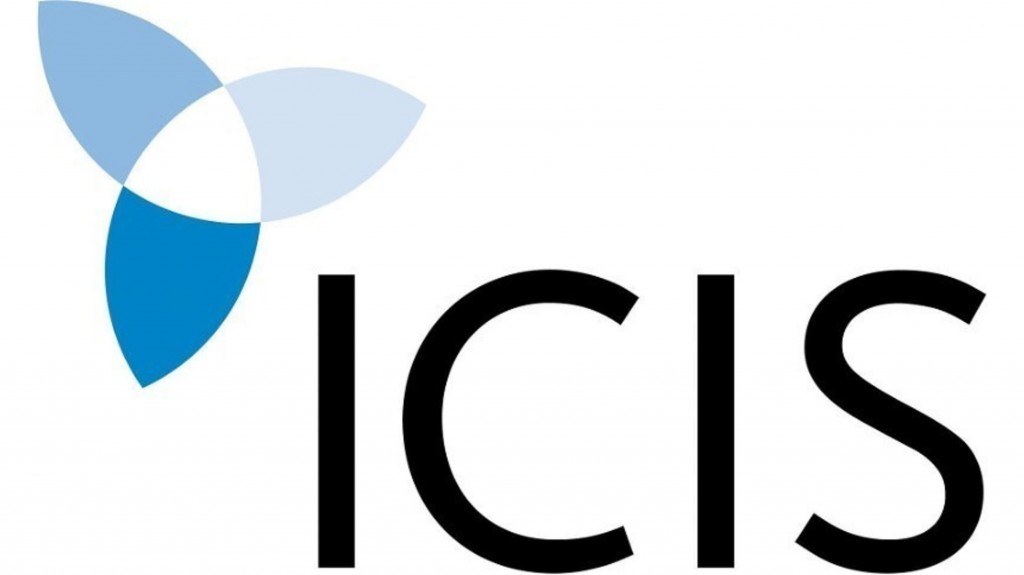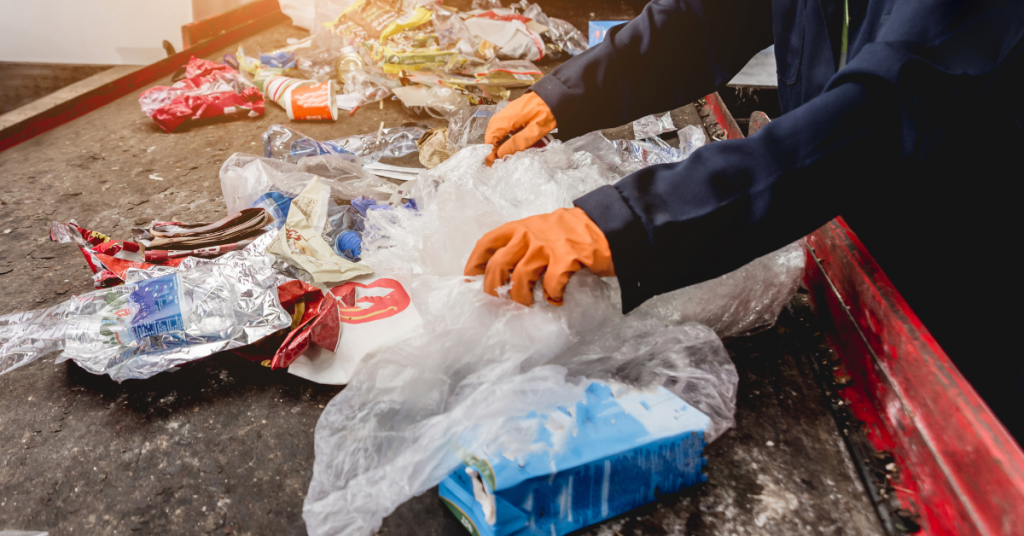Regulation risks use of less sustainable alternatives to plastic
Alternatives to plastic can have serious environmental impact according to Plastic Promises report

Over the past couple of years plastics have become the public face of the waste pollution crisis, prompting an unprecedented consumer and regulatory backlash that shows no sign of stopping. Industry is responding by switching to other materials without considering their environmental impact relative to plastics, or whether sufficient local waste collection systems are in place. This is the conclusion drawn by the Plastic Promises report launched last week, by independent UK think tank the Green Alliance.
Although its findings will come as little surprise to those involved in recycled plastics markets, and are mirrored across Europe, the report once again highlights the gap in consumer understanding of the relative environmental impact of non-plastic alternatives and the unintended consequences this is having across the recycling industries.
For example, non-plastic food-packaging alternatives - on average - increase energy use by 2.2 times, carbon dioxide (CO2) emissions by 2.7%, and weight by 3.6 times, according to a UK parliamentary select committee report released in September.
Indeed, the shift in things like bottled drinks from glass to materials such as polyethylene terephthalate (PET) that took place across recent decades was in part driven by its lower carbon usage and weight.
Coupled with this, food-contact paper and cardboard packaging typically needs to be treated with a plastic barrier, making it more difficult to recycle and doing little to counterbalance the problem of micro-plastic ocean leakage.
For consumers, plastic is a homogenised entity rather than a series of different materials with different degrees of sustainability, recyclability or local collection rates.
PET, for example, has post-consumer collection rates of plastic bottles across Europe at 63% according to the ICIS 2018 study - the latest year for which data is available - but country by country collection varies from as low as 21% in Bulgaria, to as high as 96.2% in Germany.
These facts have done little to stem the tide of announcements of switches to non-plastic packaging from retailers and consumer brands, because the public perception is that these materials are always more sustainable, leading to rising pressure to abandon single-use plastics. The same consumer pressure is not being felt to the same extent on other packaging types, despite plastics accounting for less than a quarter of packaging waste generated in Europe.
Plastics account for 19% of packaging waste generated in Europe, compared with cardboard and paper at 41% and glass at a similar 19%, according to Eurostat figures collected in 2016 - the latest year for which data is available.
The knock-on effect of the public focus on single-use plastics is that this is concentrating regulatory efforts disproportionately on plastics because it is providing a mandate to act which is yet to exist for other packaging types, as conceded by the EU Commission at the ICIS PET Value Chain conference in March 2019.
This has led to a raft of upcoming regulation specifically targeted at the plastics industry, the latest of which is a plastic tax due to be introduced in Italy on 1 July. This will tax plastic at €0.45/kg with the exemption of recycled plastic and bio-based plastic.
The law is clearly targeted at encouraging the use of recycling. In recent years, a two-tier market has opened up across European recycling markets between companies which are driven by sustainability targets - typically coming from the packaging sector due to the public pressure - willing to pay above virgin values to secure material, and those purchasing for cost-saving reasons. Southern Europe has typically seen a higher percentage of cost-based packaging purchasing of recycling than other regions.
This is on top of EU legislation mandating minimum average recycled content of 25% in PET bottles by 2025 - on a country-by-country basis - and 30% across all beverage bottles by 2030.
Effectively allowing prices of recycled material to trade significantly above virgin values before cost-saving kicks in through taxation will no doubt increase buying interest in recycling from companies that had previously shown little interest, as will minimum average recycled content mandates.
Mark Victory is Senior Editor, ICIS.


